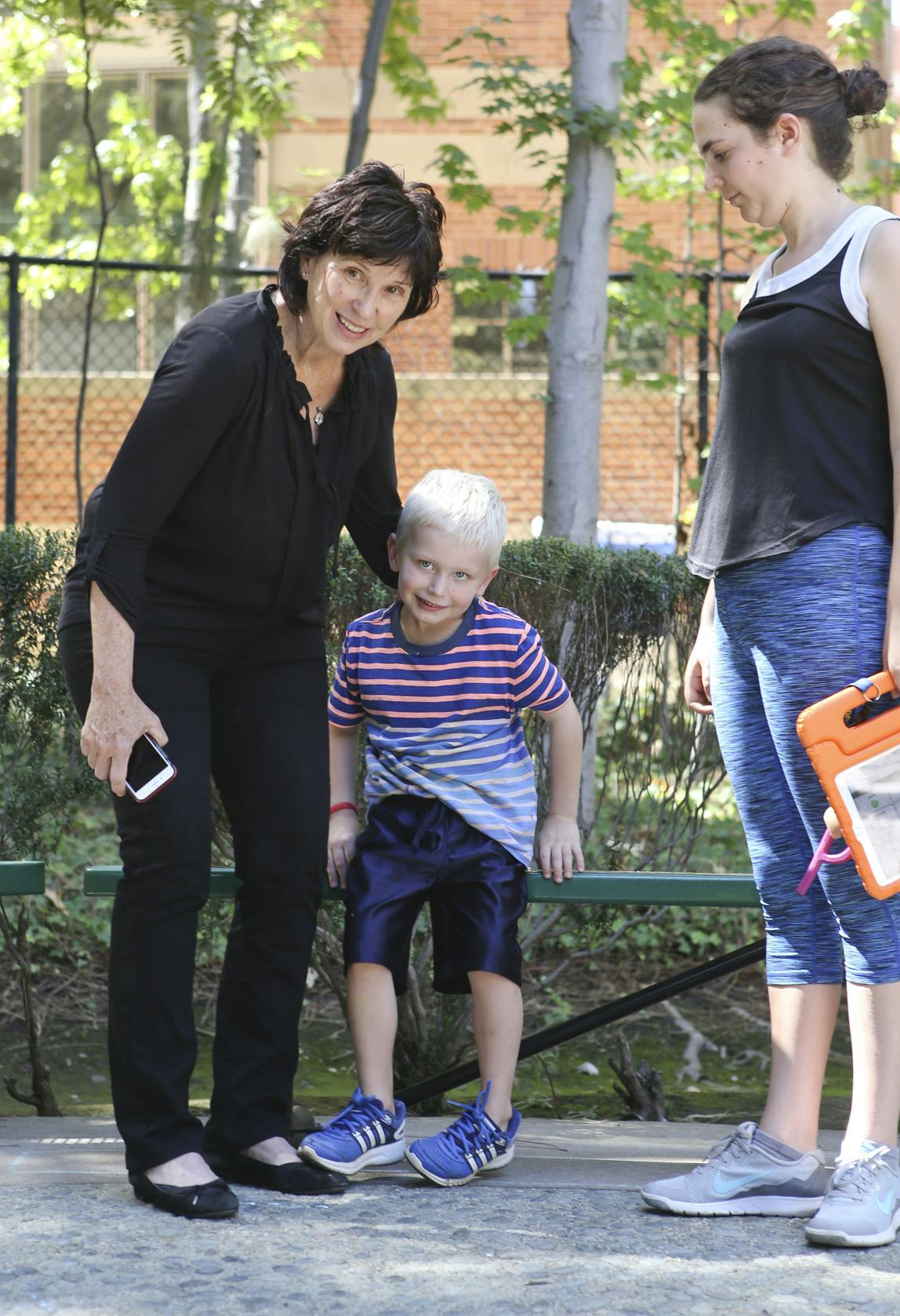Connie Kasari: Researcher Supports Teaching of Complex Learners
In her research on autism spectrum disorders, Professor of Education Connie Kasari uses real world communities as her laboratory, including families in South L.A. and students, faculty, and families at UCLA Lab School. This on-the-ground approach has garnered her the Harold A. & Lois Haytin Faculty Award, which recognizes UCLA Education faculty members whose research has had a positive impact on classroom practice.

“It’s wonderful that this award supports innovations at the Lab School,” says Kasari, who is a clinical researcher at UCLA’s Center for Autism Research and Treatment, a center she helped to establish. “We are using methods we have learned from our work in the broader community to address the needs of complex learners at the UCLA Lab School. It’s that bi-directionality that is important in advancing science.”
“We refer to some of our students as complex learners; they’re kids who need something additional from the current curriculum,” she says. “Either they need adaptations and modifications, or they might be so gifted that they need acceleration. In fact, an individual child might need both modification and acceleration, making their needs very complex.”
Kasari has partnered with the leadership of the UCLA Lab School including Principal Norma Silva, Assistant Principal Renata Williams, and Psychologist Jeffrey Jacobs, to begin a number of initiatives aimed at better understanding these students.
Monthly meetings with teachers and parents, school administrators, and UCLA Ed & IS faculty address best practices with complex learners, and the ways in which practices can be improved. The approach to this work is rooted in “community partnered participatory research,” an approach Kasari has been using with community agencies and schools over the past several years. This type of research works within the school itself to make positive and sustainable changes. In addition to the monthly meetings, the group has initiated a “Learn at Lunch” series which will begin in January 2017 for all UCLA Lab School teaching staff.
“The series is made up of conversations with experts on topics of importance to teaching,” says Kasari. “We have already scheduled sessions on executive functioning skills, behavioral challenges, and student anxiety in the classroom. Another activity of the group was a pilot summer school program for children with an autism spectrum disorder, focusing on inclusive practices. These efforts are expected to continue in the coming years.”
Kasari leads the Autism Intervention Research Network for Behavioral Health (AIR-B), a consortium of five institutions with UCLA serving as the coordinating site. At each of the sites, researchers partner with community health agencies and school districts to decrease disparities in access to effective interventions for low resourced, and minority children with autism.
In Los Angeles, AIR-B works with the Los Angeles Unified School District (LAUSD) with nearly 14,000 students on the autism spectrum, the majority of whom are Latino consistent with the overall population of LAUSD, and community agencies, Healthy African American Families (HAAF) and Fiesta Educativa, a parent-based organization for Spanish speaking families. For the past three years, Kasari and her team have held a community conference in South Los Angeles to increase awareness and knowledge about autism. The next conference is scheduled for March 17 in South Los Angeles, in partnership with HAAF.
“The Haytin Award is a wonderful endorsement of the hard work that both our Complex Learners Group and our AIR-B team have put in to improve effective access to care for all children,” says Kasari.
Above: A graduate student researcher from Professor Connie Kasari’s research lab, works with a UCLA Lab School student on using a digital tablet, which has been found to increase communication skills for children on the autism spectrum. Photo by Jonah Light Photography